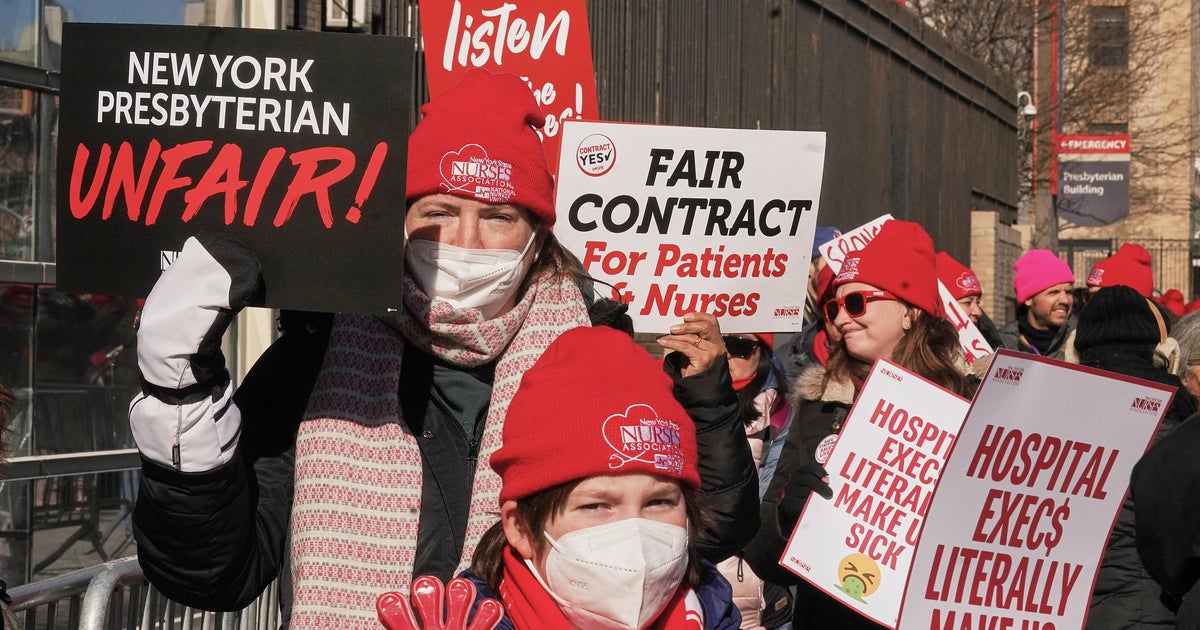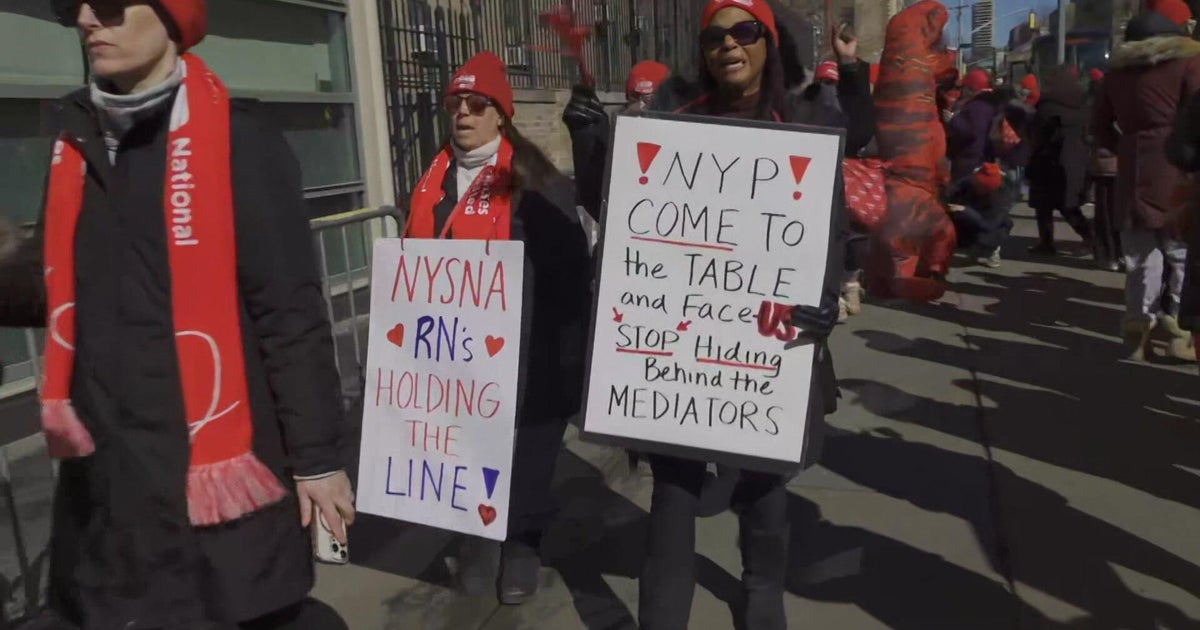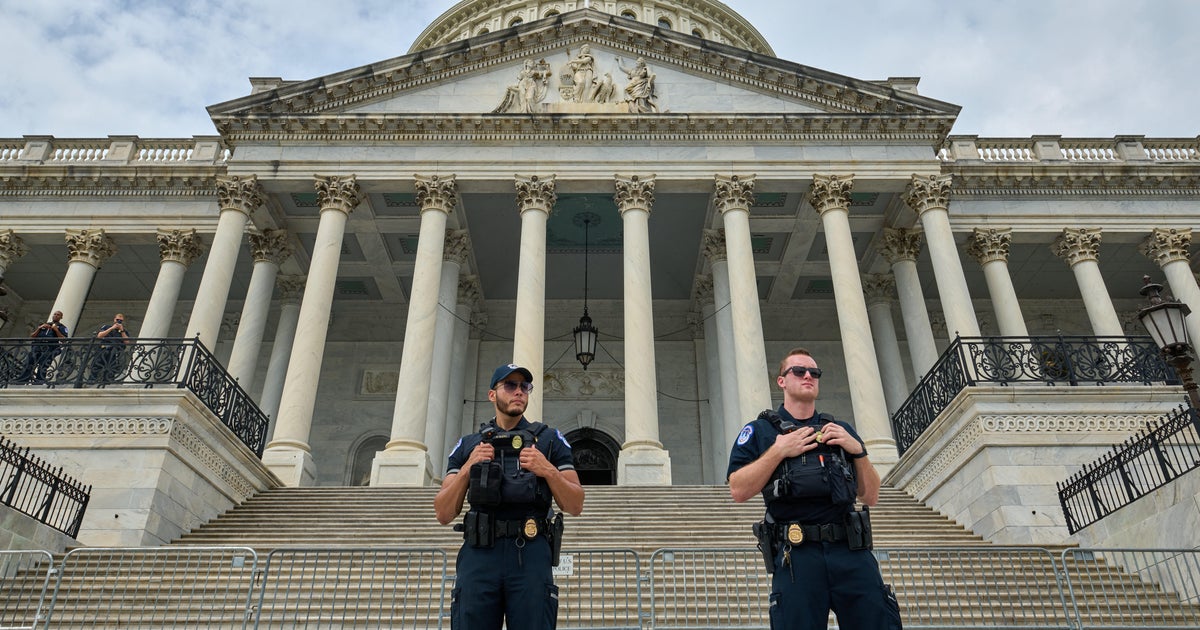Nearly 60,000 Kaiser Permanente workers authorize strike if contract talks fail
OAKLAND – A Kaiser Permanente union representing tens of thousands of California health care workers said Thursday its members will strike if the two sides can't reach a contract agreement by the end of the month.
Service Employees International Union-United Healthcare Workers West officials said that 98 percent of their 58,000 Kaiser workers in California voted to approve the strike.
Roughly 15,000 additional Kaiser workers in seven states—including Washington, Colorado and Oregon—could also vote to authorize a strike later this month.
"Kaiser has failed to bargain in good faith with the caregivers who are doing everything they can to protect patient safety," said SEIU-UHW president Dave Regan. "Nearly 60,000 frontline workers at Kaiser facilities have overwhelmingly voted to authorize a strike because we will simply not stand by as Kaiser violates the law and puts patients at risk."
The union, which represents roughly 19,000 Bay Area Kaiser workers, says that the health care giant has reported more than $24 billion in profits over the last five years and its CEO was paid more than $16 million in 2021, while forty-nine other executives took home more than $1 million annually.
At the same time, Kaiser is allegedly proposing to cut workers' performance bonuses, make it easier to outsource jobs to "low-wage, for-profit companies" and has failed to provide wages that keep up with inflation, among other things, according to the union.
Kaiser says many of the union's claims are misleading and that it is offering across the board wage increases, a company-wide minimum wage starting at $21 an hour—the union is asking for $25 -- and continuing health benefits and retirement plans, among other things.
"In markets where our jobs have wages that don't meet our philosophy of paying up to 10 percent above market, such as Northern California and Washington, we have offered wage increases of 18 percent over four years," Kaiser said in a statement Thursday.
In Southern California, the company is offering a 10 percent increase over four years plus a lump sum 4 percent payment, and in other areas it's offering an 11 percent pay hike over four years.
"A strike authorization vote does not reflect any breakdown in bargaining, nor does it indicate a strike is imminent or will happen at all," Kaiser officials said. "It is a disappointing action considering our progress at the bargaining table."
The next bargaining sessions are scheduled for Sept. 21 and Sept. 22, about a week before the SEIU-UHW contract is scheduled to expire.







